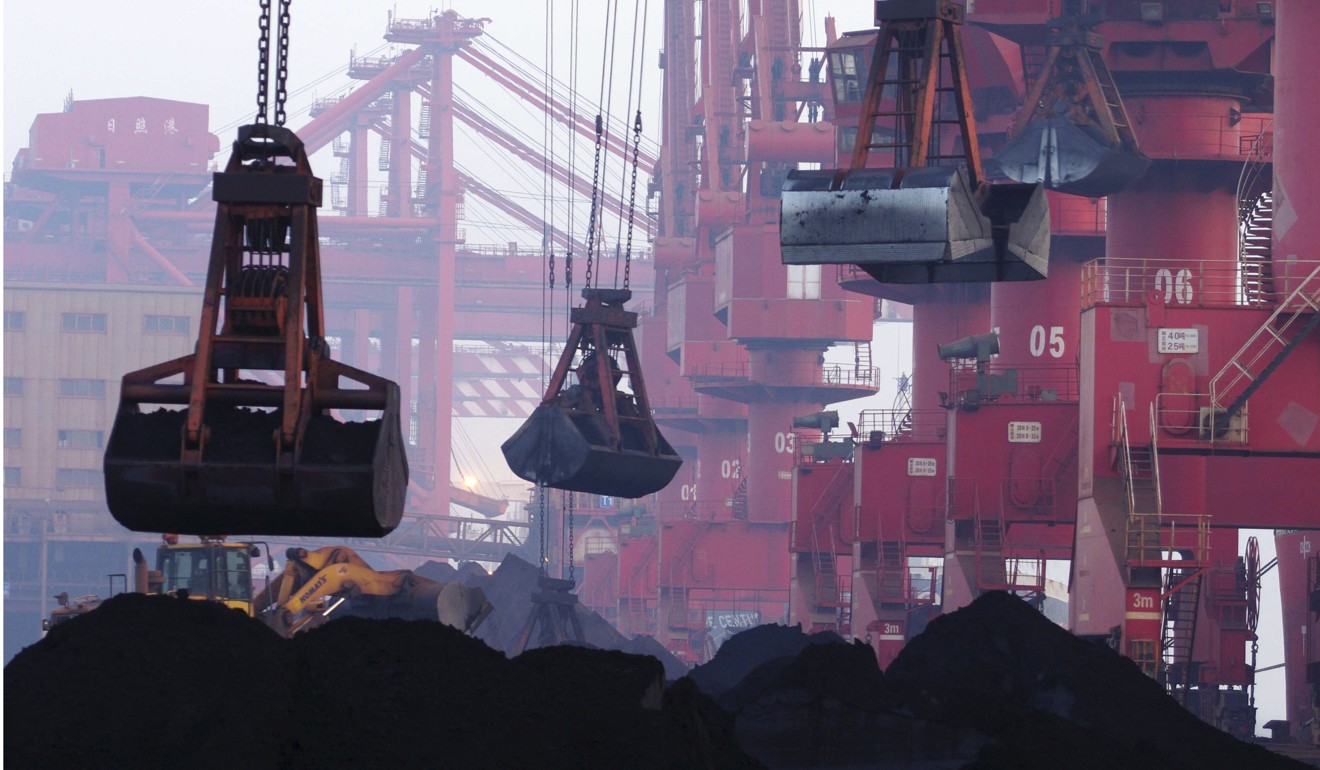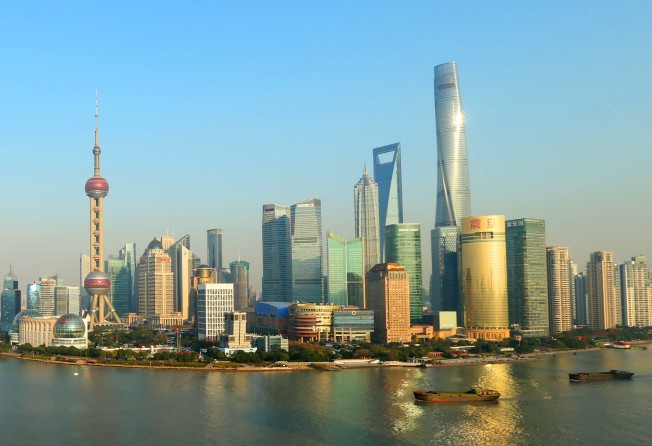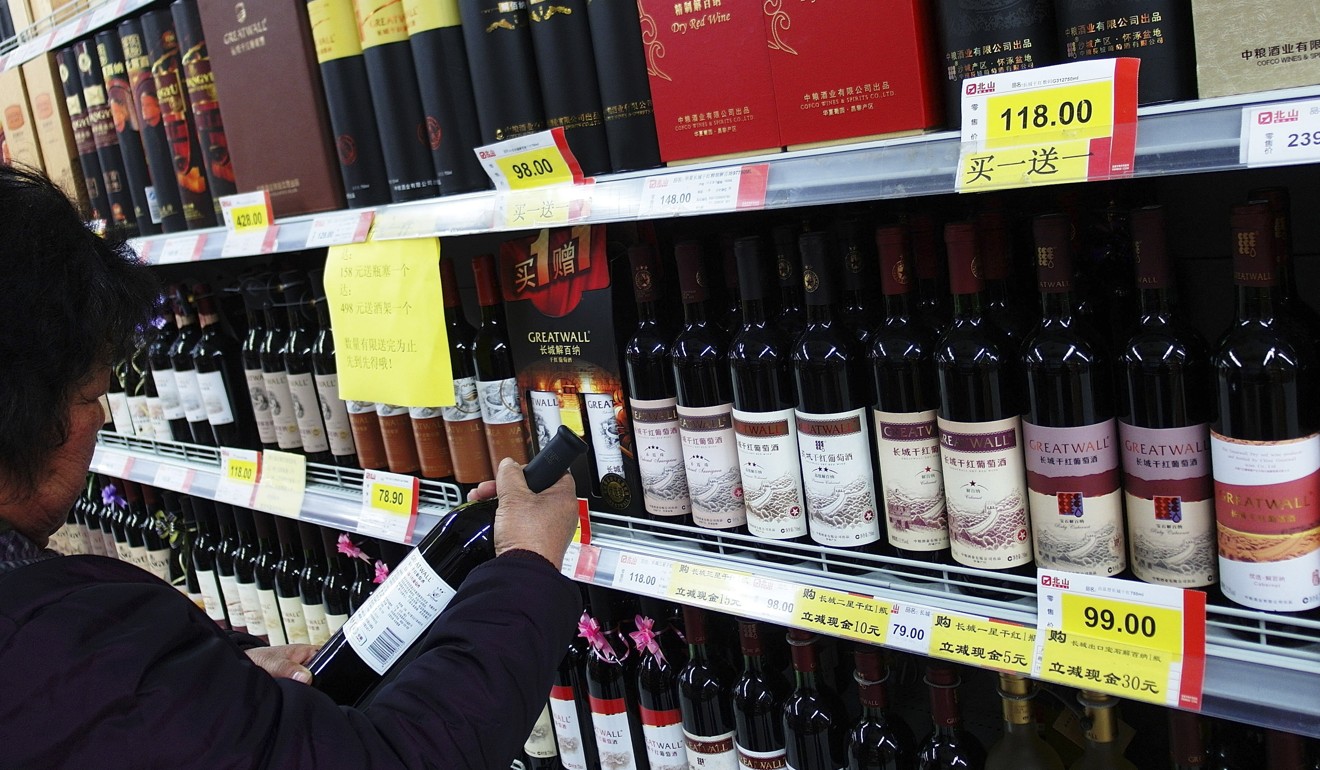
Why China is betting on Shanghai trade expo for global goodwill
China’s inaugural import fair is the first sign of the nation’s transformation from the world’s factory to a consumption-driven economy.

As many as 120 countries had overbooked the exhibition area in China’s inaugural global import expo by 20 per cent, an overwhelming response that undergirds the transformation of the nation from the world’s biggest exporter to a consumption-driven economy.
The China International Import Expo, scheduled from November 5 to 10 in Shanghai, had attracted more than the expected number of participants, Commerce Minister Zhong Shan told a press conference in Beijing on the sidelines of the annual meeting of the National People’s Congress.
For the expo’s “national image display”, open to governments, China had originally planned to have 60 exhibiting countries, but many more wanted to take part, Zhong said. For the trade fair, open to merchants, companies from 120 countries had overbooked the exhibition area by 20 per cent, even though the event was still eight months away.
The fair was a reflection of Beijing’s push to better balance its trade with other nations by boosting imports and trimming its exports, said Tang Jianwei, an analyst at Bank of Communications in Shanghai.
“Beijing is also sending a signal that other nations can also take a bite of the domestic market” as China gets richer, he said.
The Chinese government wants the event, dubbed one of the year’s four key diplomatic occasions, to win the hearts of the world’s traders by bringing them closer to China’s consumers and to muster support for a global trade system that is quickly losing momentum, while US President Donald Trump is losing interest in the existing multilateral system.
Xi announced the event at the Belt and Road Summit in Beijing last May and promoted it again in his speech at the Apec summit in Vietnam in November.

The expo, expected to attract 150,000 buyers, was part of China’s answer to uphold globalisation and free trade in an era when “the multilateral trading system is challenged and protectionism is on the rise,” Zhong said.
The fair also reflected “China’s determination, confidence, and sense of responsibility in opening up its market to the outside world,” he said.
The World Trade Organisation, the UN Conference on Trade and Development, and the UN Industrial Development Organisation would act as “supporters” for the fair, the theme of which would be “new era, shared future,” according to a brochure handed out by the ministry.
With China accused by Washington of not playing by fair trade rules, the Chinese government has been arguing that the country’s economic rise is an opportunity, not a challenge, for the rest of the world. The Shanghai import expo, to be held annually, is designed to show that Beijing is ready to buy more from the world.
China is now the biggest trading partner of more than 120 countries and it imported US$1.84 trillion worth of commodities last year, 16 per cent more than in 2016. While China’s demand for crude oil and iron ore remained strong, the country, home to 1.3 billion consumers, has also been buying more wines, chocolates and avocados.

The government boasts that about 400 million Chinese can now be regarded as “middle income”, giving the country the world’s biggest such population.
China is now the world’s second-biggest consumer market, with US$5.4 trillion of consumer spending last year, and consumption has been the chief engine of China’s economic growth for the past four years.
Zhong said the expo would not be a “solo” show by China, but a “chorus” sung by many nations.
He said Chinese consumers spent about US$200 billion a year shopping abroad on everything from luxury items to basic necessities, showing the demand for quality products.
Shanghai mayor Ying Yong said earlier this month in Beijing that more than 1,000 enterprises, including a number of Fortune 500 companies, had reserved a combined 50,000 square metres of exhibition area for the fair.
The Ministry of Commerce brochure says the price of a 9 square-metre booth at the fair is US$3,000.